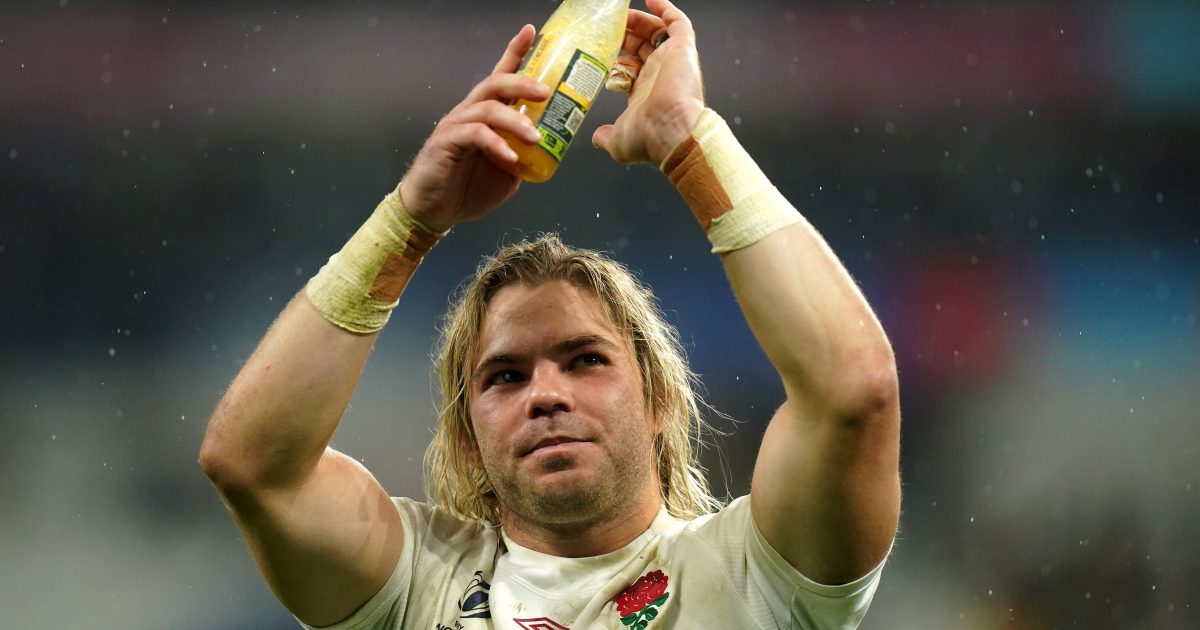Jake White: 'I'd probably get killed for saying that back home'

Bulls Director of Rugby Jake White, the 2007 World Cup-winning Springbok coach, has joined the chorus of voices that have spoken out against the proposal that South Africa join the Six Nations.
It is a debate that has flared up infrequently for the last couple of years and at the weekend – after the Bulls demolished Bristol Bears 31-17 in their Champions Cup Round Three outing at Ashton Gate – the English media pounced on White with the hackneyed question.
And his response was candid.
“I’m an old school guy,” the Bulls boss told the media gathering.
“I can’t see that you can ever have South Africa playing Six Nations,” he added.
He reflected on his memories of past Six Nations tournaments and British and Irish legend John Peter Rhys (JPR) Williams, who passed away last week.
“I can’t see South Africa play in the Six Nations,” he reiterated.
“So many things have changed in rugby, and hopefully, we will hang on to [the fact] that the Six Nations is for the six nations that play in the north.”
He admitted he is a stickler for tradition.
“Once you start bringing in South Africa, what is stopping you from bringing in New Zealand, Australia, and all that sort of thing?
“Then it’s not the Six Nations.”
White admitted his stance would not make him popular in the Republic.
“As an old-school guy, I hope it won’t happen.
“I’d probably get killed for saying that back home.”
White is not the only recent voice to cry out against the idea.
The former Six Nations CEO, Ben Morel, also firmly denied there are any plans to expand the championship to include the Springboks.
Morel asserted in an interview last year – before his departure to be replaced by Tom Harrison – that these reports are false and claimed that there have been no discussions regarding the Springboks’ participation in the Six Nations.
“There is no conversation about expanding the Six Nations right now,” Morel told The Telegraph in an interview.
“The entire focus is on finding the right solution and improvements to the July and November windows and finding a more competitive narrative for those fixtures.
“Our whole energy of the Six Nations is focused on that.
“There’s no conversation regarding anything else. There never has been.
“I can understand that dynamic, but the players in the club game in South Africa needed competition, which has been an issue on their side.
“There has been some interest, but we are not engaging in any of those conversations.”
The idea has also not been universally welcomed in South Africa, as shown on RugbyPass’ Boks Office podcast recently.
Two Springbok centurions, Jean de Villiers and Bryan Habana, joined double World Cup winner Damian Willemse and host Hanyani Shimange on the show during the Cape Town SVNS, where they gave their views on the Springboks joining the Northern Hemisphere competition.
While the Springboks’ record try-scorer Habana was dead set against his compatriots relocating to a new competition, De Villiers appeared to be slightly more on the fence, although he does feel South Africa currently have “the best of both worlds.”
“The thing there is, we’re giving our opinion in what we think is best for South Africa, but do they want us there?” the former centre asked.
“I don’t think so,” Habana replied.
De Villiers added: “The Six Nations, what it stands for, the history of it, you need to ask those questions as well.
“How does it influence the history of the game and all of that?
“I think we’ve got the best of both worlds currently where we play our club rugby in the northern hemisphere and we play our international rugby in the Southern Hemisphere in the Rugby Championship.
“So you get the best of both worlds.
“If we were to move totally to the northern hemisphere, we’ve already seen the logistical challenges with that and I think we’ll lose a big part of what South African rugby is all about, because we play New Zealand so much, because we play Australia and Argentina so much.
“So from that point of view, moving away to me will be risky. But a lot of the decisions get made financially and not really on the rugby as such, to be brutally honest.”












































































Rugby Pass eventually getting to publish some credible journalism via posting Rugby 365 articles.